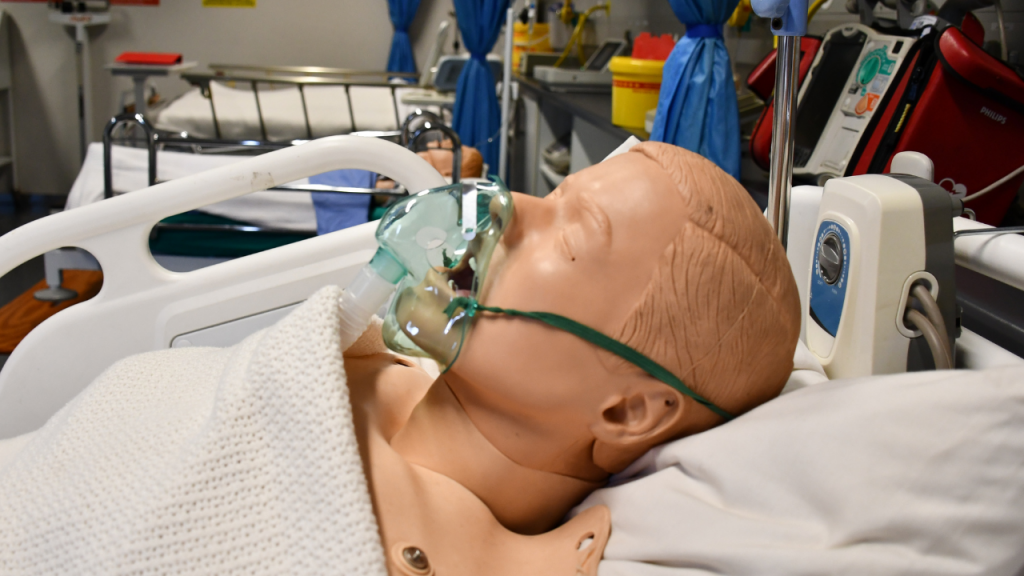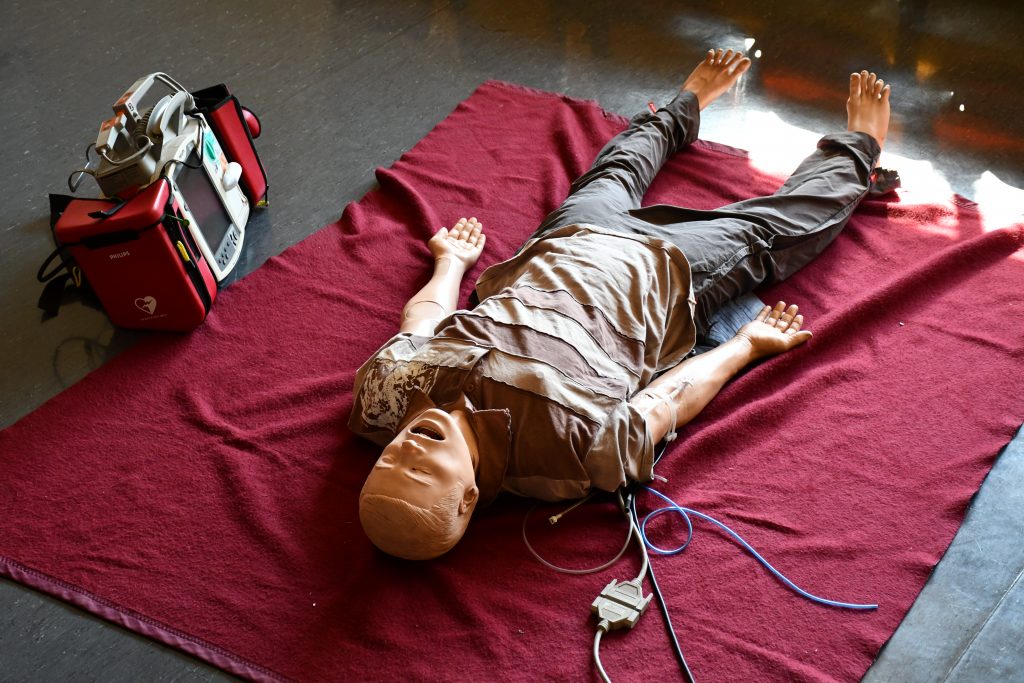- About Us
|
- Students
|
- Staff
|
- Alumni & Convocation
|
- Contact Us
|
- Give to UJ
|
- Brand Shop
Our Future. Reimagined.
- About Us
- Students
- Staff
- Alumni
- Support Services
- Academic Centres
- Academic Development and Support
- Research Centres
- Commercialisation and Technology Transfer
- Division of Academic Planning, Quality Promotion and Academic Staff Development
- Division for Institutional Planning, Evaluation and Monitoring
- Give to UJ
- Graphic Studio
- Institutional Office For HIV and AIDS
- Human Resources
- Language Unit
- Operations
- Tenders
- Suppliers
- News & Events
- More Information
- UJ Store
- Give to UJ
- Frequently Asked Questions (FAQs)
- More listed services…
- Online Qualification Verification
- Online Payments
- UJ Arts & Culture
- Postgraduate School
- School of Tourism and Hospitality
- Institute for Pan-African Thought and Conversation
- Sports
- Institute for Intelligent Systems
- Procurement and Tenders
- Vacancies



